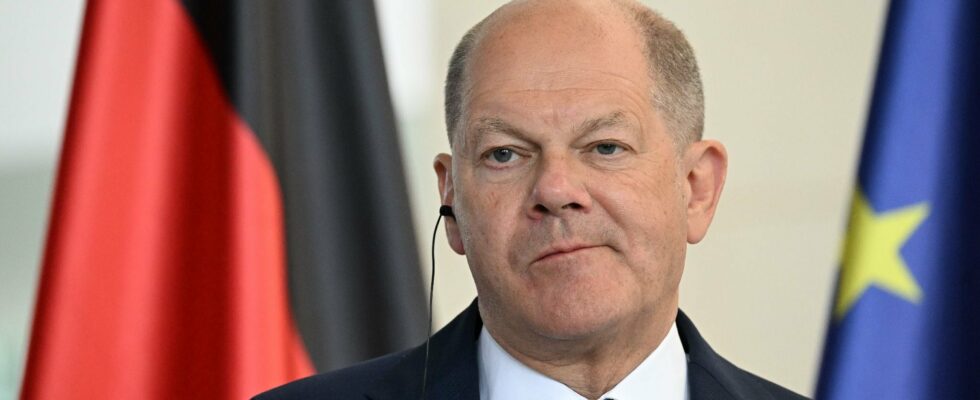In Germany, this budget crisis, narrowly avoided, was one of the most serious to shake the coalition formed by the social democrats, the ecologists and the liberals, in power since the end of 2021. The supporters of austerity opposed those who demanded an increase in spending during weeks of particularly tense negotiations. So much so that a fall of the government of Olaf Scholz, weakened by its poor results in the European elections, was even feared, with cascading consequences for the EU’s largest economy and for the entire continent.
According to a poll released on Friday, July 5, by the public channel ARD, the three parties in power would together obtain just over 30% of the vote in the event of early legislative elections, while the extreme right made significant progress in the European elections in June. The conservative opposition CDU-CSU, credited with nearly 30% of the vote, could for its part consider returning to power. But faced with the gravity of the situation, the coalition partners reached a compromise during a final negotiation session lasting nearly fifteen hours, which ended at the end of the night.
Debt brake respected
Speaking with concern about the turbulence in the EU and in particular the uncertain outcome of the legislative elections in France, Olaf Scholz said that his country had to be a “pole of stability”. “We must not turn away from the world at this time and we must not only worry about ourselves”, he said, stressing the “strategic importance”, “economic strength” and “political weight” of Germany.
The draft budget, presented this Friday, meets the constitutional requirements of the debt brake, as demanded by the Minister of Finance. It also includes a plan to support growth, which must guarantee half a point more of Gross Domestic Product (GDP) in 2025 for the first European economy, currently lagging behind industrial nations.
The crisis within the current government had crystallized around the request of the Minister of Finance, Christian Lindner (liberal), to save some 30 billion euros for next year. The ecologists and many leaders of the chancellor’s social-democratic party argued for letting the deficits run to revive the economy and finance the country’s rearmament in the face of the Russian threat, via a new suspension of the “debt brake”. This ceiling, enshrined in the Constitution, requires limiting recourse to borrowing.
Disappointment for the Defense
It was lifted during the years of crisis linked to Covid-19 and then to the Russian war in Ukraine. But the Liberals, very strict on budgetary issues, did not want to hear about it anymore and are demanding a return to austerity, with cuts in social spending. Conversely, the Greens and several social-democrat leaders considered that an austerity policy did not fit well with a gloomy economic situation, marked by growth lagging behind the major industrial nations, and the need to modernize the army. Finally, the Ministry of Defense obtained only a small increase in its budget, much lower than what it had requested.
The ceasefire within the coalition could, however, be short-lived. Many points of the budget remain to be negotiated before its vote in parliament, scheduled for late November or early December. The adoption of the 2024 budget had already given rise to a crisis between the coalition partners, contributing to the government’s unpopularity.
In November, the Karlsruhe Constitutional Court rejected, again in the name of the debt brake, the use in the federal budget of 60 billion euros of unused investment credits from a special fund. This legal setback forced the government to freeze spending for the rest of 2023 and to apply a provisional budget for 2024 until February and the adoption of the final text.
